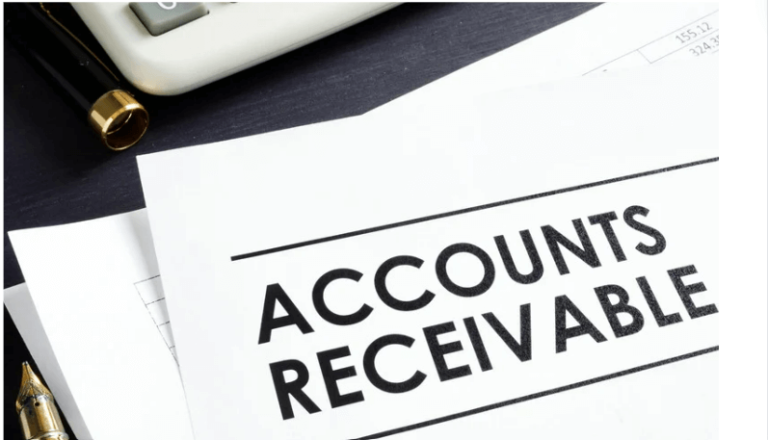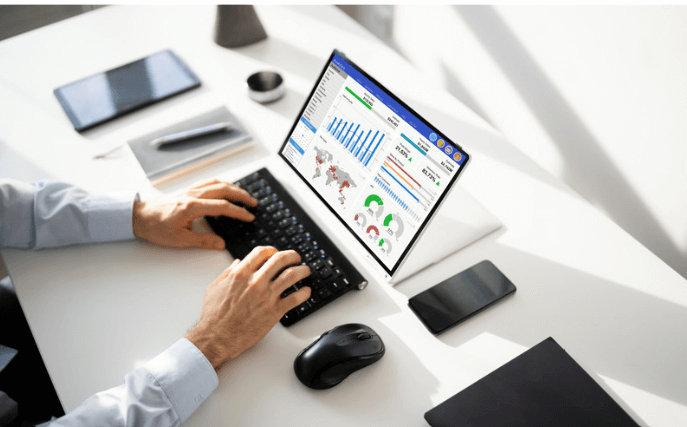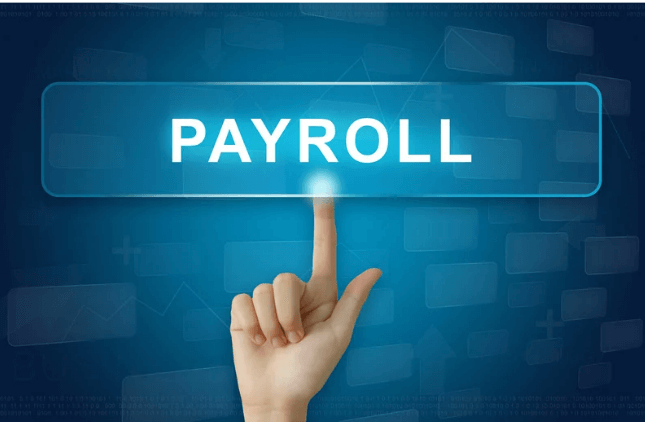Key Points:
1. Implementing strong access controls, such as two-factor authentication and secure VPNs, is essential for protecting client financial data from unauthorized access.
2. Regular employee training on phishing, social engineering, and cybersecurity best practices helps prevent common cyber threats and keeps your team updated.
3. Proper disposal of client records, including shredding physical documents and permanently deleting digital files, ensures sensitive information is not accidentally exposed.
4. Following privacy laws like GDPR and keeping software up-to-date with antivirus and firewalls are critical steps to maintaining data security and compliance in CPA firms.
These days, more and more accounting companies are starting to use computers and the internet for their work like keeping records, sending bills to customers, doing payroll and reporting money stuff.
While technology makes things faster, hackers can more easily try to get into company networks and systems from far away. Before, accountants kept important papers safe in offices. Still, now all customer information like names, addresses, and bank details are saved on devices and in clouds.
As accountants handling clients’ sensitive financial data, it is important for Certified Public Accountants (CPAs) to follow strict security protocols for CPA firms. This will help protect client information and also ensure compliance with privacy laws. In this article, we will discuss some of the most important security practices for CPA firms that all CPAs must adopt. So, let’s get started:
Why Security Protocols Matters in Accounting
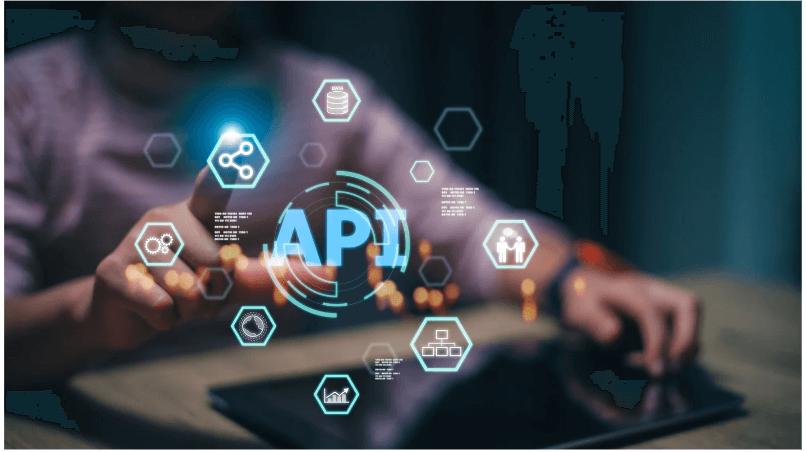
As accountants and bookkeepers, we are entrusted with our clients’ sensitive financial data, including personal details, tax records, bank transactions and more. With rising cyber threats today, we must take appropriate measures to secure this valuable customer information and prevent data breaches or leaks.
One of the main reasons cybersecurity is important for CPA firms is that we deal with monetary information. Tax returns include bank details, earnings and wealth-related facts that cybercriminals can misuse for fraud, extortion or identity theft if exposed.
Clients rightfully expect complete confidentiality of their financial affairs. Any loss or misuse of data due to a security breach can severely hurt clients’ trust in our capabilities and compliance. It could also lead to penalties if privacy laws are violated. As guardians of finance data, accountants cannot afford to underestimate security risks.
Another factor is the rise of remote working culture in the past year, which made cyber-attacks easier for threat actors. Whether using home internet networks or public Wi-Fi hotspots, accessing client portals and documents outside office premises increases security vulnerabilities.
Confidential files can be accessed or stolen through remote hacking without secured devices and VPN connections. Aside from office setups, our home computers and mobile phone processing work also warrant security hardening to block unauthorized access.
Last but not least, security breaches invite oversight from regulatory bodies along with steep fines under laws like GDPR. Non-compliance situations may also negatively impact insurance and licensure requirements for accountants.
Key Security Protocols For CPA Firms to Follow to Prevent Cyber Attacks
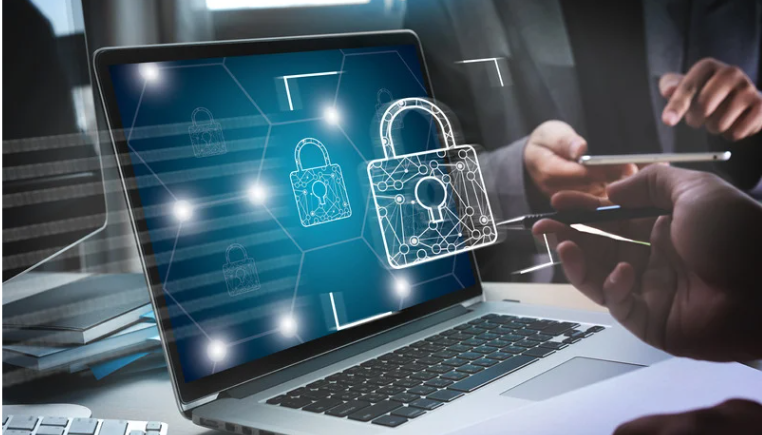
If You Don’t Want Hackers Or Viruses To Bother You, Here Are Some measures CPAs should follow:
Secure client data access
One of the primary responsibilities of any CPA is to keep clients’ financial records and tax filings safe. Proper access controls should be implemented only to allow authorized data viewing and editing. Complex passwords must be used and changed regularly for all client portals and software applications.
Two-factor authentication is another good idea, where a one-time passcode is sent in addition to the password each time one login. Remote access to networks hosting financial records should only be allowed through secure VPN connections. Strict policies must also be made to share devices and login credentials among team members.
Protect devices and networks
Beyond access controls, all devices like computers, servers and mobile phones used by CPAs must also be fully secured. Necessary security steps include:
- Installing the latest antivirus and malware protection software.
- Enabling automatic updates.
- Using a firewall and encrypting storage drives.
Unsecured public Wi-Fi networks should never be used to access work-related systems or download sensitive files. Instead, a secured, password-protected private Wi-Fi network must be set up at the office. Remote working also needs extra care, using only company-issued encrypted laptops and virtual private networks (VPNs) for connectivity.
Dispose of client records securely
Once the engagement with a client concludes or data is no longer required due to data retention policies, all related hard copy documents and digital records must be disposed of carefully.
Shredding of papers is recommended, along with permanent deletion of files from computers, servers and backup drives using utility tools that do multi-pass overwriting. Destruction of old external storage devices must meet data protection standards.
Train employees regularly
Continual training of team members is necessary so that they are aware of the latest threats and follow security best practices. Refresher sessions must cover topics like identifying phishing emails and calls, reporting cyber incidents, tidy desk policy, and the need to encrypt files during transfers.
Training must also be conducted to spot vulnerabilities like fake websites or test resistance to social engineering. Policies for guest access, equipment lending and home working must be clearly defined and followed.
Comply with privacy laws
Strict adherence to data privacy and protection laws applicable to the sector and location is mandatory for any CPA practice. An important law currently governing the use and storage of personal information in the United States and Europe is the General Data Protection Regulation (GDPR).
It defines various principles for client data processing, including collection limitation, data minimization and storage limitation. Measures to comply with such statutes include conducting privacy impact assessments of processes, implementing privacy by design approach and obtaining clients’ consent for intended data uses.
Wrapping Up
Accountants must protect clients’ confidential financial records as required by the legal and ethical standards of the profession. CPAs can maintain trust with customers and society by instituting robust information security practices for CPA firms covering access controls, device security, secure disposal, employee training and privacy compliance.
Adhering to industry best practices also helps systematically address emerging cyber threats. Upholding stringent security protocols ensures the smooth functioning of all business operations as well as the individual reputation of practitioners.
Frequently Asked Questions (FAQs)
Q.1: Which of the following is the most secure security protocol?
Ans 1: WPA3 is the safest option because it is the latest version of wireless encryption norms.
Q.2: Which is the least strong security protocol?
Ans 2: According to current standards, WEP, or the Wireless Encryption Protocol, is the least secure wireless encryption. Every user on a network shares a static key when using WEP.
Q.3: Can a CPA help with cybersecurity?
Ans 3: A CPA provides information about an organization’s enterprise-wide cybersecurity risk management program through the SOC for Cybersecurity Engagement. Senior management, boards of directors, analysts, investors, and business partners can all benefit from having a better understanding of an organization’s efforts because of this data.
Q.4: Is CISA suitable for accountants?
Ans 4: Professionals holding the CISA certification can audit, control, and evaluate business and IT systems. Professionals who want to work in a more technical environment will find it perfect.
Q.5: Which is better, CPA or CISA?
Ans 5: Although CPAs receive instruction in auditing procedures, not all CPAs are auditors, and auditing is neither the program’s primary nor sole role. On the other hand, when it comes to evaluating technology systems, policies, and procedures, CISAs are highly qualified auditors. CPAs also concentrate on financial data.
Also Read:


